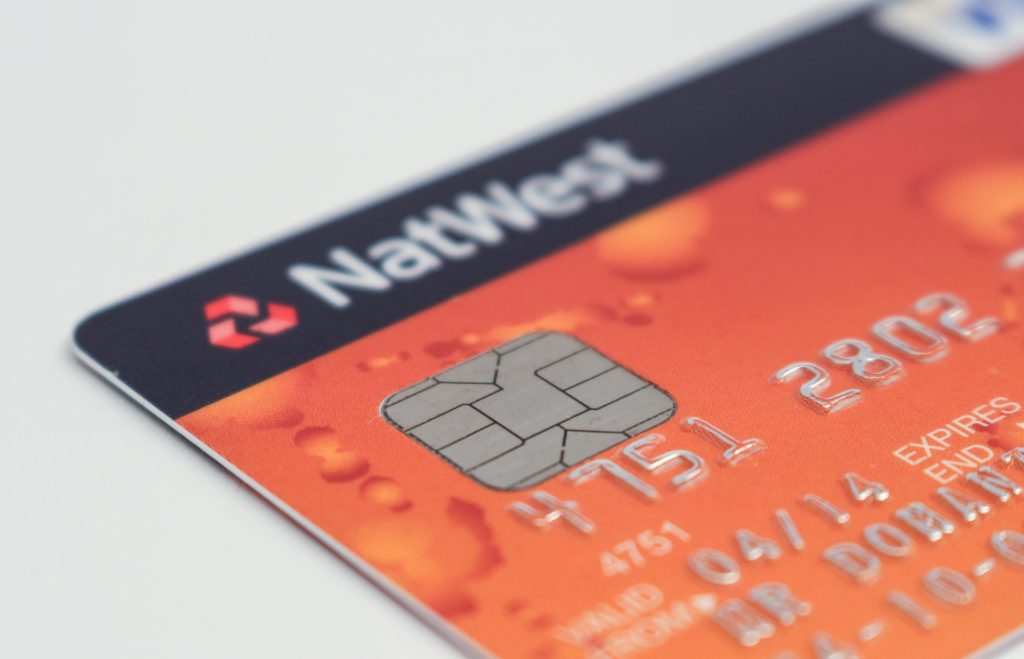Protecting your finances whilst online banking.

In today’s fast-paced digital era, online banking has revolutionised the way we manage our finances. With just a few clicks, we can transfer funds, pay bills, and monitor our accounts from the comfort of our homes/businesses. However, the convenience of online banking comes with its own set of risks. As cyber-threats continue to evolve, it is crucial to prioritise online banking safety to safeguard our hard-earned money. In this blog, we will explore essential tips and best practices to ensure the security of your online banking experience.
- Choose a Trusted Bank: When it comes to online banking, selecting a reliable and trustworthy bank is the first step towards ensuring your safety. Opt for a well-established bank or credit union that prioritises security measures and invests in advanced encryption technologies to protect your sensitive information.
- Strong and Unique Passwords: Creating a strong, unique password is paramount to safeguarding your online banking accounts. Avoid using common passwords or personal information such as your birthdate, name, or address. Instead, construct a complex password comprising a combination of upper and lowercase letters, numbers, and special characters. Furthermore, consider utilising a password manager to securely store and manage your login credentials.
- Enable Multi-Factor Authentication (MFA): Multi-factor authentication adds an extra layer of security to your online banking accounts. It typically requires you to provide an additional piece of information, such as a one-time code sent to your mobile device, after entering your password. Enabling MFA significantly reduces the risk of unauthorised access, even if someone manages to obtain your login credentials.
- Be Wary of Phishing Attempts: Phishing remains one of the most common methods employed by cyber-criminals to trick individuals into revealing their sensitive information. Be cautious of emails, text messages, or phone calls claiming to be from your bank asking for personal details or account information. Banks will never ask you to provide such information through these channels. Always verify the authenticity of any communication before sharing any data.
- Secure Network Connections: When conducting online banking transactions, ensure you are connected to a secure network. Avoid using public Wi-Fi networks, as they may be vulnerable to hackers intercepting your data. Instead, use a private, password-protected Wi-Fi network or consider utilising a virtual private network (VPN) for an added layer of encryption.
- Regularly Update Your Devices and Software: Keeping your devices, such as computers, smartphones, and tablets, up to date with the latest security patches and software updates is vital. These updates often address vulnerabilities that could be exploited by hackers. Additionally, install reputable anti-virus and anti-malware software to protect against potential threats.
- Monitor Your Accounts Regularly: Take an active role in monitoring your online banking accounts on a regular basis. Check your transactions, account balances, and statements to detect any unauthorised activity. If you notice any suspicious or unfamiliar transactions, report them to your bank immediately.
- Be Cautious with Third-Party Apps and Links: Exercise caution when using third-party banking apps or clicking on links related to online banking. Only download apps from official app stores, and verify their legitimacy by checking reviews and ratings. Be vigilant about the links you click on, as they may lead to fraudulent websites that aim to steal your information.
As online banking continues to gain popularity, it is crucial to prioritise the safety and security of our financial transactions. By following the best practices outlined in this blog, such as choosing a trusted bank, utilising strong passwords, enabling multi-factor authentication, and being cautious of phishing attempts, you can significantly reduce the risk of falling victim to online banking fraud. Remember, stay informed, be proactive!
